Museum exhibition charts history of Bexhill's hotel industry
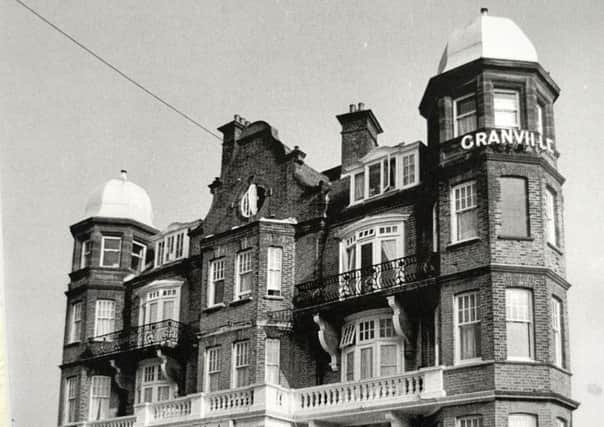

Bexhill had been transformed at the turn of the 20th Century from a small hill-top village to a thriving seaside resort by the efforts of the 7th and 8th Earls De La Warr.
Like many other resorts, the town enjoyed a brief post-war boom but this was not to last. The advent of low-cost jet travel and the lure of package holidays to warmer climates spelled an inevitable decline.
Advertisement
Hide AdAdvertisement
Hide AdNow a new exhibition at Bexhill Museum charts both the heyday of the town’s hotel industry and the era when a succession of house-hold names either underwent conversion into flats or felt the weight of the demolition ball.
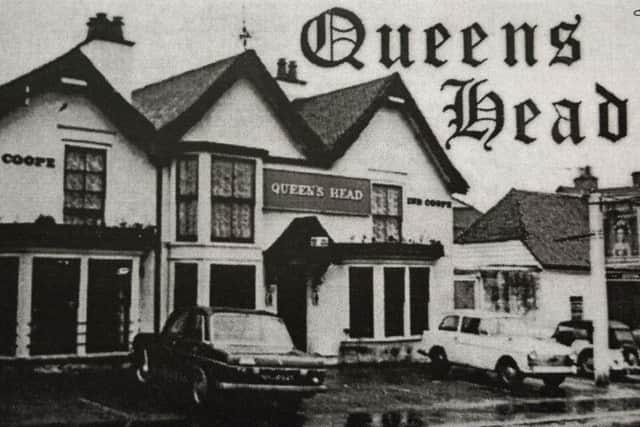

The exhibition is the work of museum volunteer Paul Wright who realised the potential public interest in the subject when 53 people turned out last year to a guided walk in the independent, voluntarily-run museum’s Stepping Out series.
Such was Bexhill’s attraction to a discerning public that after its principal hotel, The Sackville, opened in 1890 it was advertised as far afield as in The Times of India.
Such were the supposed curative properties of Bexhill’s bracing sea air that, as a surviving postcard from 1906 reveals, leading London cardiologist and neurologist Sir William Broadbent had advised the writer’s husband to go to Bexhill for the benefit of his health.
Advertisement
Hide AdAdvertisement
Hide AdThe Arundel, The Riposo, The Metropole, The Wilton Court, The Gatehouse – Paul Wright’s exhibition meticulously records the construction, working life and demise of a string of former Bexhill establishments.
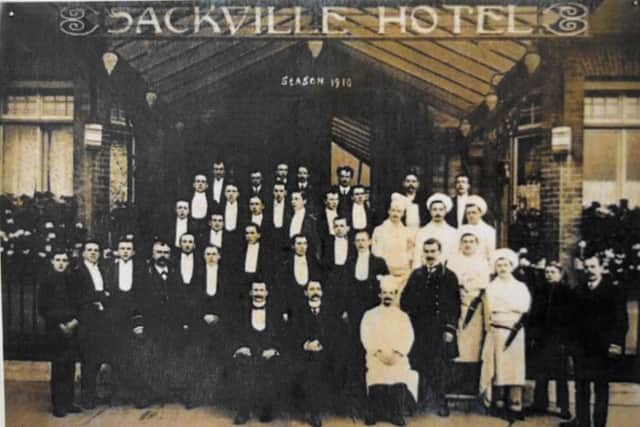

It also notes the continuing success of survivors such as The Cooden Beach Hotel and Dunselma Guest House.
Modestly, he says of his work: “This is only scratching the surface.”
The term “hotel” had been “fluid” in the past, he explains. The town had many guest houses. In the unregulated Edwardian period town centre householders rented out rooms to holiday-makers.
Advertisement
Hide AdAdvertisement
Hide AdThe exhibition will run until the end of the year. It follows the success of a similar exhibition in the corridor linking the Sargent Gallery with the Costume Gallery organised by former museum administrator Don Phillips and charting the town’s motor garages. Paul Wright hopes that his hotels exhibition will produce a similar result with interested members of the public contacting him via the Egerton Road museum with their own photographs and reminiscences.
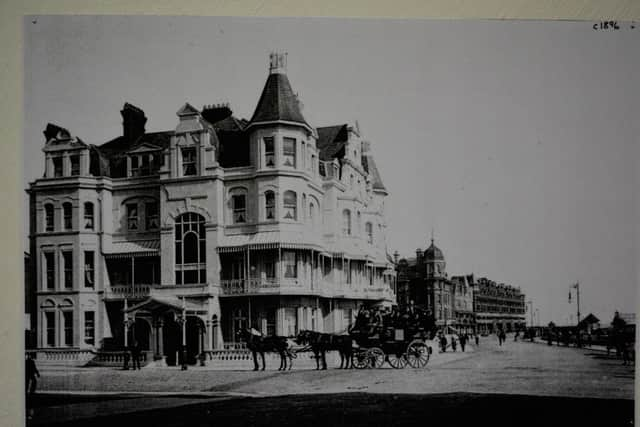

From chamber maids and laundry staff to chefs and waiters, Bexhill’s hotel industry was once a major employer. Many local business supplying the hotels owed their prosperity to the hotel trade.
Housed in the exhibition’s display case is the presidential chain of office of Bexhill Hotels Association, which was wound up 30 years ago.
It is a sad reminder of an organisation which was once a powerful pressure-group, challenging local authority parsimony on publicity spending.
Advertisement
Hide AdAdvertisement
Hide AdA more permanent reminder is the table of orientation on Galley Hill given to the town by the association in 1984.
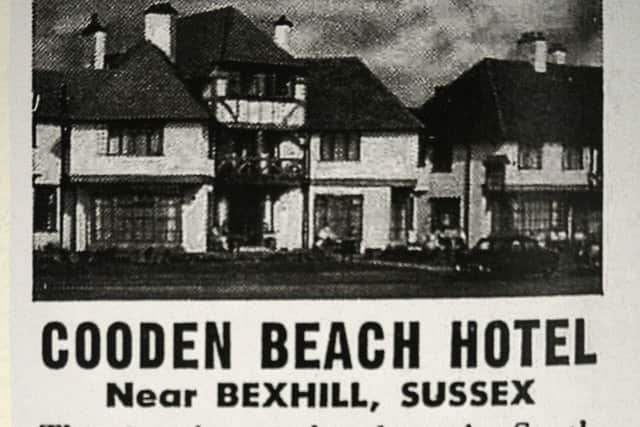

Benefit from an ongoing discount on your Observer series titles by joining our voucher membership scheme. Once you’ve subscribed we’ll send you dated vouchers which can be exchanged for your paper at any news outlet. To save money on your Observer simply click here (www.localsubsplus.co.uk)